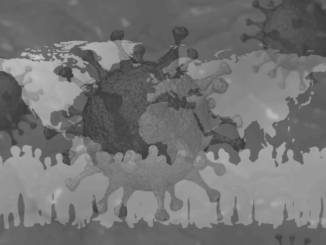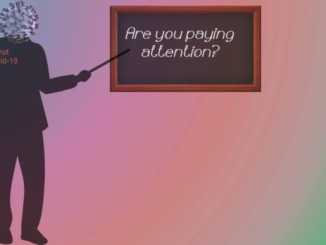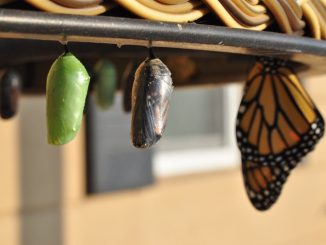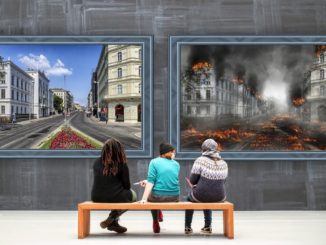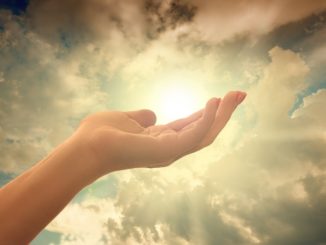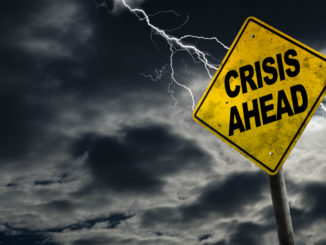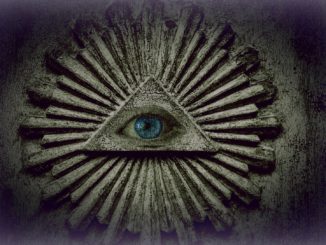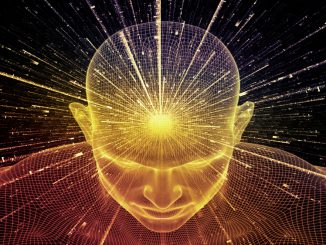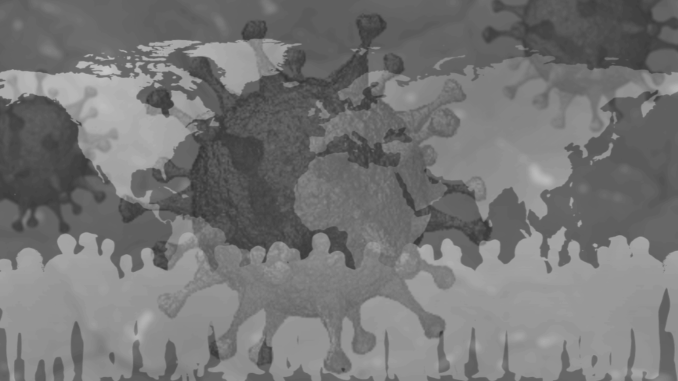
Covid-19 affected society in many and different ways.
On one hand, the measures undertaken by the national governments and the world as a whole, practically put the society in a mode of existence previously unknown in the life of most of us.
Things that most people would not consider possible at all in their daily lives, became not just a fact but a norm. Home became workplace. Something as simple as going out became subject to rules and regulations. Families and partners began to spend almost all their time together (with all the the positives and negatives to their interpersonal relationships). The topic of death and dying became a central focus of our attention. Every sneezing or coughing stranger in the street turned into a deadly threat. One of the most basic biological aspects of our existence – breathing – became subject to regulations with the global introduction of requirement to wear face masks.
Leaving aside the external expression of the consequences of the Covid-19, if we read “between the lines” of what happened, we will find things, processes and attitudes in society that are in no way new but existing since long time. Existing but covered – either consciously suppressed or unconsciously ignored. Much of what we discovered for ourselves as society (if we are honest) in terms of social order, norms of communication and interaction with those around us, came out as not so nice.
The thoughts and observations expressed further below are mostly about what we can label “a Western-model society” with its underling values and paradigm, which are both result of but also the reason for the way in which Western societies experience and react to the circumstances related to Covid-19.
Societies based on falseness and principles “on paper”
For decades the Western civilization has been taking pride in claiming to respect fundamental human rights. Principles such as democracy, solidarity, tolerance for differences are inseparable part of the way in which the West sees itself and an image that is persistently projected onto all other cultures and nations. We do not mean only the claims of a particular nation/country as a whole. The average person sincerely believes (and continuously convinces himself), that he is bearer of those values. In his expressed opinions for example, he would support military interventions for overthrowing a “dictator” in a country on the opposite side of the globe in order to “allow for a dignified and free existence of the local population”. He respects the right of personal opinions, of freedom of expression etc. …. or at least claims to.
But is this indeed so? The true test for a system of moral values of a person or society is when confronted with a situation in which the (non)-application of those principles bears direct impact on his own existence and functioning. If we stand “against” death penalty for example, would we maintain this position towards a killer of our relative? If we stand “for” death penalty, would we continue to do so, if our child happens to be sentenced to death?
What has happened in the situation of Covid-19?
- Solidarity showed as a myth
Each country began to care only for itself.
Previously free, the trade with medications and goods for personal protection all of a sudden became subject to limitations. Instead of undertaking steps for easing the delivery of products of basic necessity to the most impacted regions, all countries started to stock up. Information was published on a case where 200 thousand face masks purchased by a Western country with no grounds of legal violation whatsoever were confiscated by another country solely at the discretion of the latter which simply decided that it needed those masks. International agreements and regulations on international trade between countries claiming to function on the basis of lawful order and rules were completely ignored. Even within the EU (meant to be a closer community of countries sharing common principles and interests) there were countries where it was not possible to order for delivery abroad something as simple as vitamins.
- Tolerance showed as a myth
People were divided into believers and non-believers in the existence of Covid-19, into “pro” and “against” the measures of the governments, into scared to death and not that scared or even outright „do not care at all”-s. And while the existence of different opinions and beliefs is completely natural, all of a sudden some people were denying the right of others. In their personal interactions and also in the social networks people started to argue and hate each other, to be judgemental about any opposite view and demanding to all those who perceived the situation differently. Started to insist that others should adopt their point of view and react to the situations as per their views.
The subject of wearing face masks is a good example. Leaving aside the question whether and how much effective face masks are as protection against Covid, the tolerance which we claim to have, should have made us take the responsibility only for our own choices and let others do the same. If I think that for me it is beneficial to wear a face mask, everybody else has the right to decide that for him this is not beneficial or even harmful. Terms such as “right” or “not right” do not apply to authentic tolerance. The right of one to breathe through a filter is not a right to deny somebody else’s right to breathe freely. Same pattern has started to be seen since recently in relation to the vaccines where in various ways (at this stage not yet enforced by law), people are being pushed to get vaccinated without their opinion as to the efficiency and safety of vaccines being of any importance at all.
Societies claiming to be tolerant for differences in much more inconsequential aspects such as sexuality, ethnic belonging etc., have most ruthlessly denied tolerance to the individual to breathe as he deems appropriate as per his own views of what is healthy, and maybe soon (in relation to vaccines) – to be able to choose what to put or not into his own body.
- Democracy showed as a myth
The biological right and need to breathe of the average person became subject to administrative dictatorship by governments and officials, which (beyond their functioning as collective bodies) are just individuals limited by their own subjective views, fears and biases towards one particular point of view or another. Those individuals, through the blind and uncritical acceptance by the masses, are being allowed to interfere with the most fundamental biological aspects of our existence.

